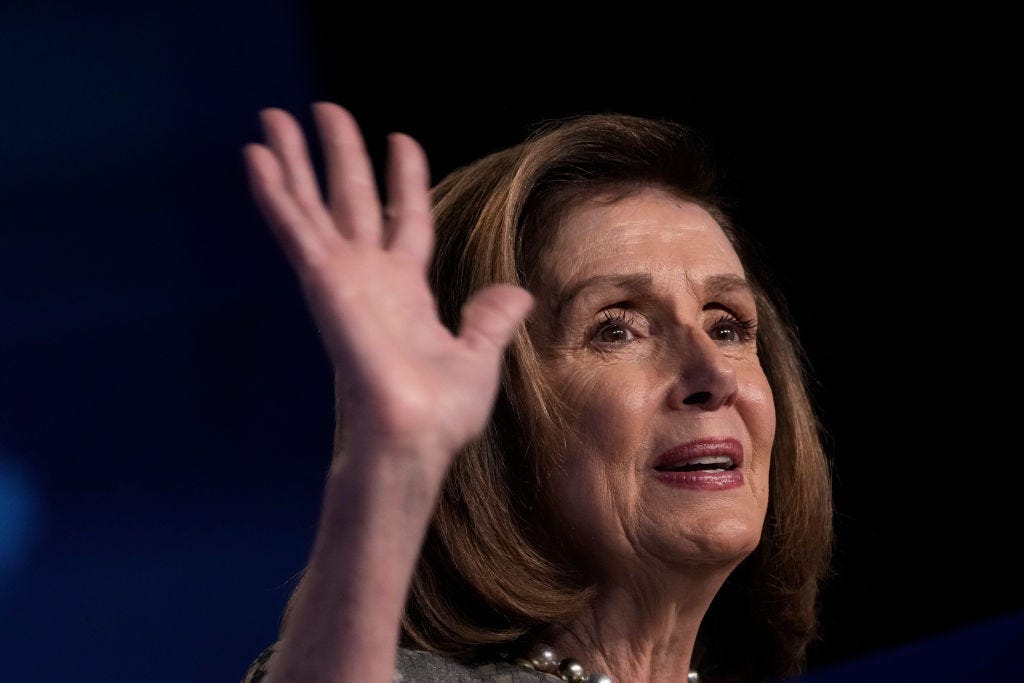Tribal officials urge Pelosi to stop Senate's Covid relief clawback plan
Romney announced Schumer was already on board to take back hundreds of millions from tribes, blindsiding tribes in the process.

Keep reading with a 7-day free trial
Subscribe to Indigenous Wire to keep reading this post and get 7 days of free access to the full post archives.

